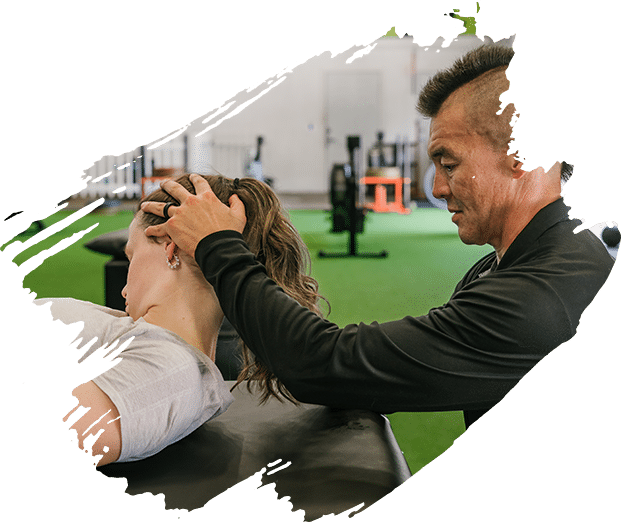 There are a lot of different levels of anxiety. Some require professional help, while others are more mundane, like fretting about things that might occur, but seldom do. No matter what type of anxiety your have, working out alleviates anxiety and can help tremendously. It doesn't replace professional help for an anxiety disorder, but it can be a complementary treatment.
There are a lot of different levels of anxiety. Some require professional help, while others are more mundane, like fretting about things that might occur, but seldom do. No matter what type of anxiety your have, working out alleviates anxiety and can help tremendously. It doesn't replace professional help for an anxiety disorder, but it can be a complementary treatment.
What starts anxiety?
Your reaction to stress and the fight or flight response might be the cause. When the body responds to danger it prepares to run or fight. It's a primitive response that isn't always appropriate in today's world. It boosts catecholamines, which are hormones from the adrenal gland like adrenaline. Once they're in your bloodstream, they increase your heart rate, blood pressure and rate of breathing to get you ready for either fighting or running. The hormones send more blood to the extremities and less to the stomach, which leaves you with a sick feeling in the pit of your stomach. Your muscles tense, you may tremble and your pupils dilate. It all sounds a lot like how you feel when you're anxious, doesn't it?
The danger doesn't even have to be real!
Your brain doesn't differentiate between reality and imagination in many cases. While you may have had a vivid memory, dream or even lived vicariously through someone else's harrowing tale or a movie, it can set off the same response. To make it even worse, once you have an anxiety attack, fear of the next attack causes anxiety! You have to reverse the process created by the hormones from stress and there's one way to do it, burn them off and replace them with other hormones.
There's probably a good reason people pace.
Pacing keeps your body moving and is almost like exercise, but not as demanding. Exercise burns off the hormones of stress and replaces them with hormones that make you feel good, like endorphins. If you're feeling anxious and can do something super active, like run up and down stairs, do it. Make sure you get enough exercise to make you breathe hard and sweat a little. Keep doing it until you no longer have that sinking feeling in the pit of your stomach.
- When working out or getting exercise is almost impossible, other techniques can help, such as focused breathing. Find a relaxation technique and learn it well enough to do it anywhere, even in a crowd.
- Prepare for stressful situations by having an action plan that you do before you are in stress. It can be anything from working out before you go, to meditation. Working out will also provide hormones that make you feel at ease.
- Serious, debilitating anxiety needs professional help, but you can use techniques like exercise to help lower your symptoms and decrease anxiety attacks.
- When you workout regularly, you'll notice symptoms of anxiety decrease dramatically. Often focusing more on the workout than on the anxiety will help you overcome mild anxiety.

